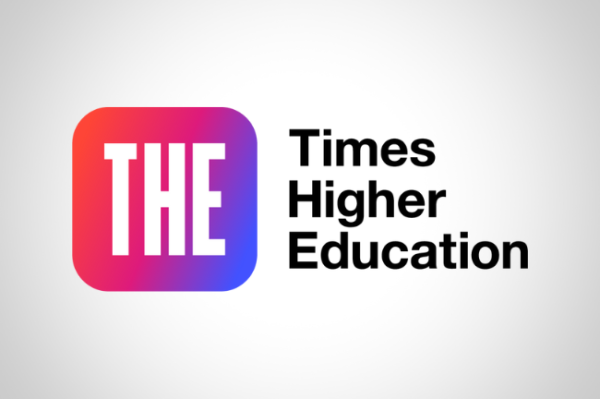You have /5 articles left.
Sign up for a free account or log in.
Canadian universities have warned that the further lowering of the cap on international students for next year will damage the country’s reputation worldwide.
After lowering the cap for 2024, the Canadian government announced a further reduction of new international study permits, which will now include master’s and doctoral students.
This means the total cap will be reduced from 485,000 for this year to 437,000 for both 2025 and 2026—a 10 percent drop.
Canada has been dealing with a housing shortage and pressures on health care, while some institutions in the education sector have been accused of significantly increasing their international student intakes to drive revenues.
The move is part of Prime Minister Justin Trudeau’s administration’s bid to decrease the proportion of temporary residents in the country from 6.5 percent to 5 percent by 2026 and to “hold employers misusing the system accountable.”
Immigration, Refugees and Citizenship Canada (IRCC) said the latest restrictions would help the immigration system respond to new pressures, including a softening labor market.
Marc Miller, minister of immigration, refugees and citizenship, said, “Our immigration system must preserve its integrity and be well managed and sustainable. And, as we look forward, we will do everything it takes to achieve that goal and set newcomers up for success.”
Around 12 percent of spaces will be allocated for master’s and doctoral students in recognition of the “benefits they bring to the Canadian labor market.” They are now included in the cap, and each one will have to submit an attestation letter.
The Council of Ontario Universities said the decision to include graduate and Ph.D. students in the cap would add further complexity to the application process for these students and “risk discouraging more highly skilled students from applying to Canada.”
Steve Orsini, president and chief executive of the council, said he was concerned that further changes would “continue to erode Canada’s global brand as a premier destination for top talent.”
“Despite universities having acted responsibly, with leading practices in place to support international students while maintaining modest levels of international enrollment growth, these additional restrictions will only exacerbate the existing financial pressures on the sector,” he added.
Canada is already expected to fall short of the cap it has imposed for 2024, triggering warnings from the sector of “far-reaching” consequences.
In a statement posted on X, Universities Canada said, “Cuts to international study permits damage Canada’s reputation as a premier education destination, impacting institutions nationwide.
“It’s time for this to be the final reduction, allowing Canada and its universities to focus on rebuilding our global brand.”
The IRCC also announced that it would update the postgraduation work permit program to better align with immigration goals and labor market needs and would limit work permit eligibility for spouses of master’s degree students.









